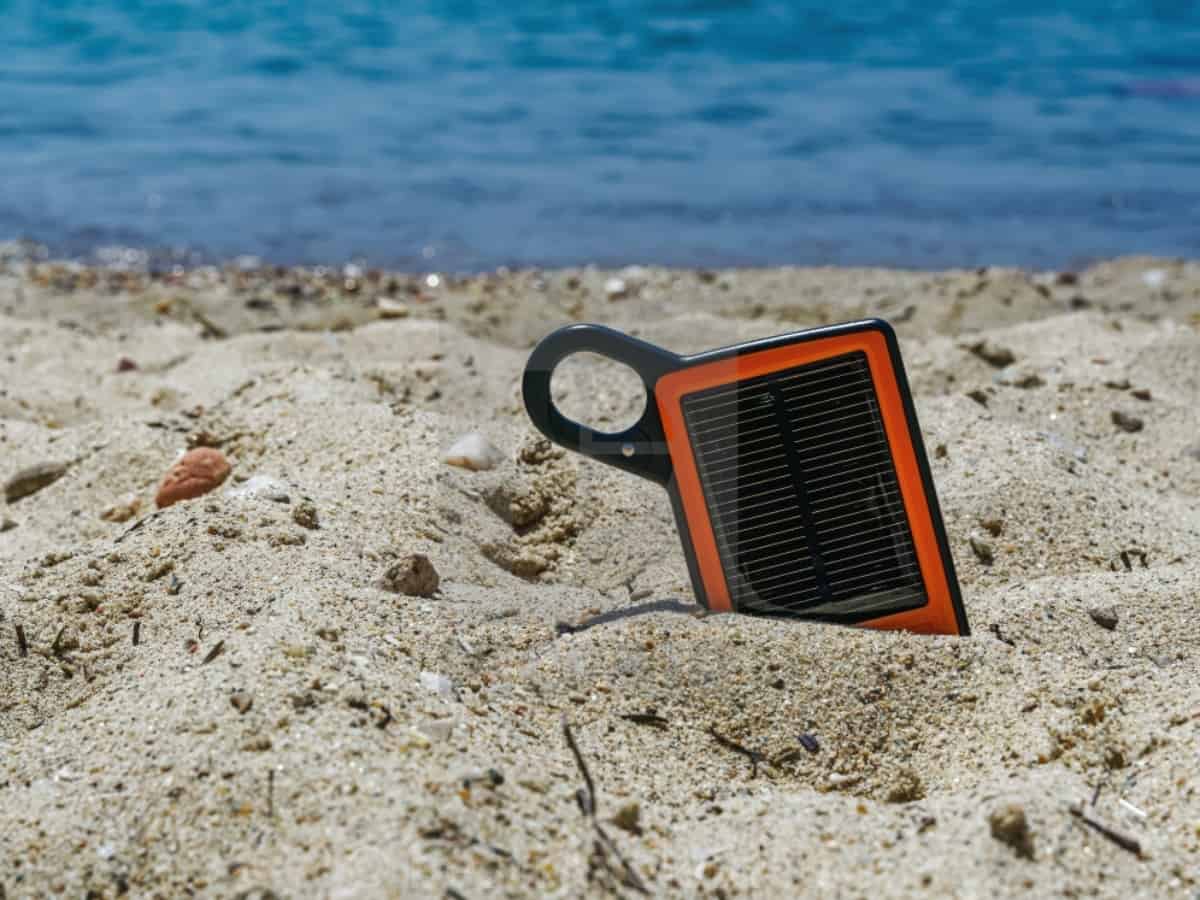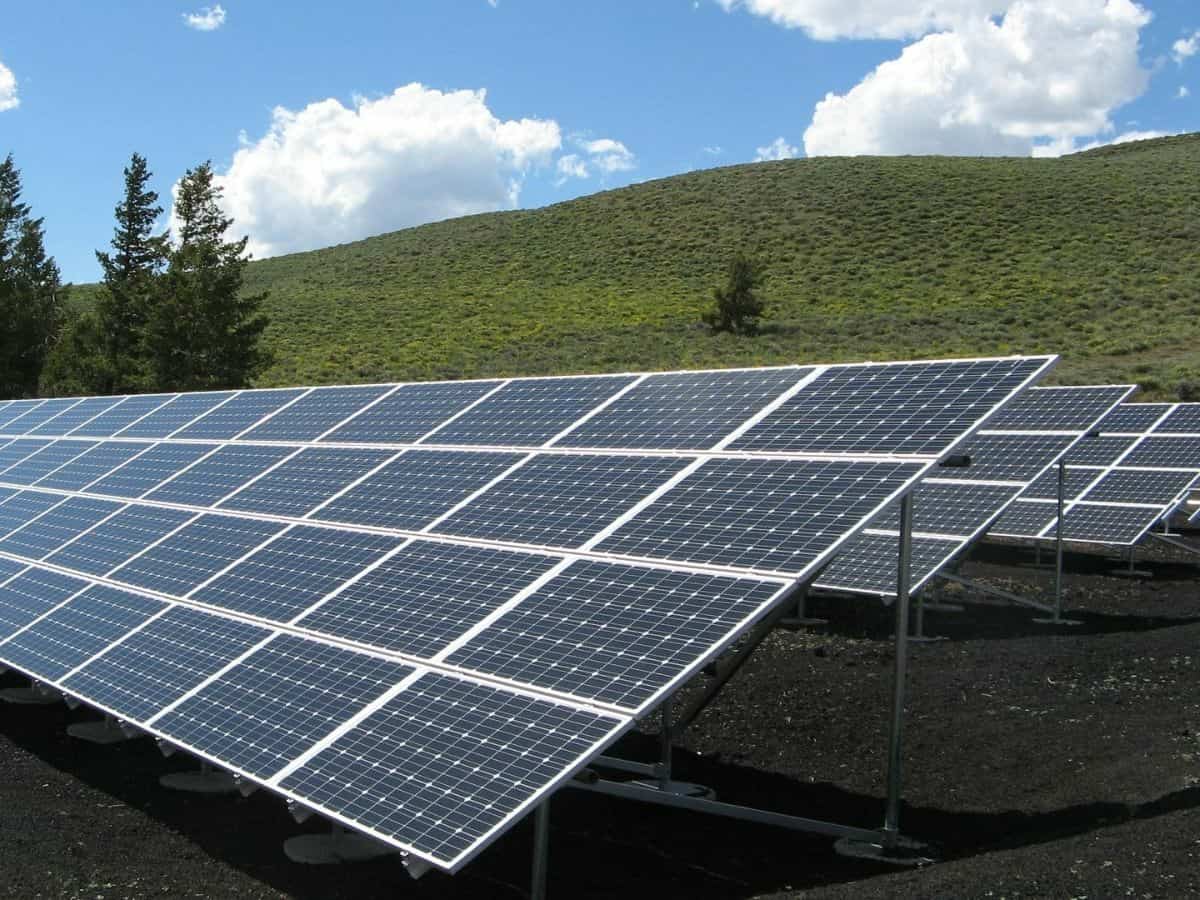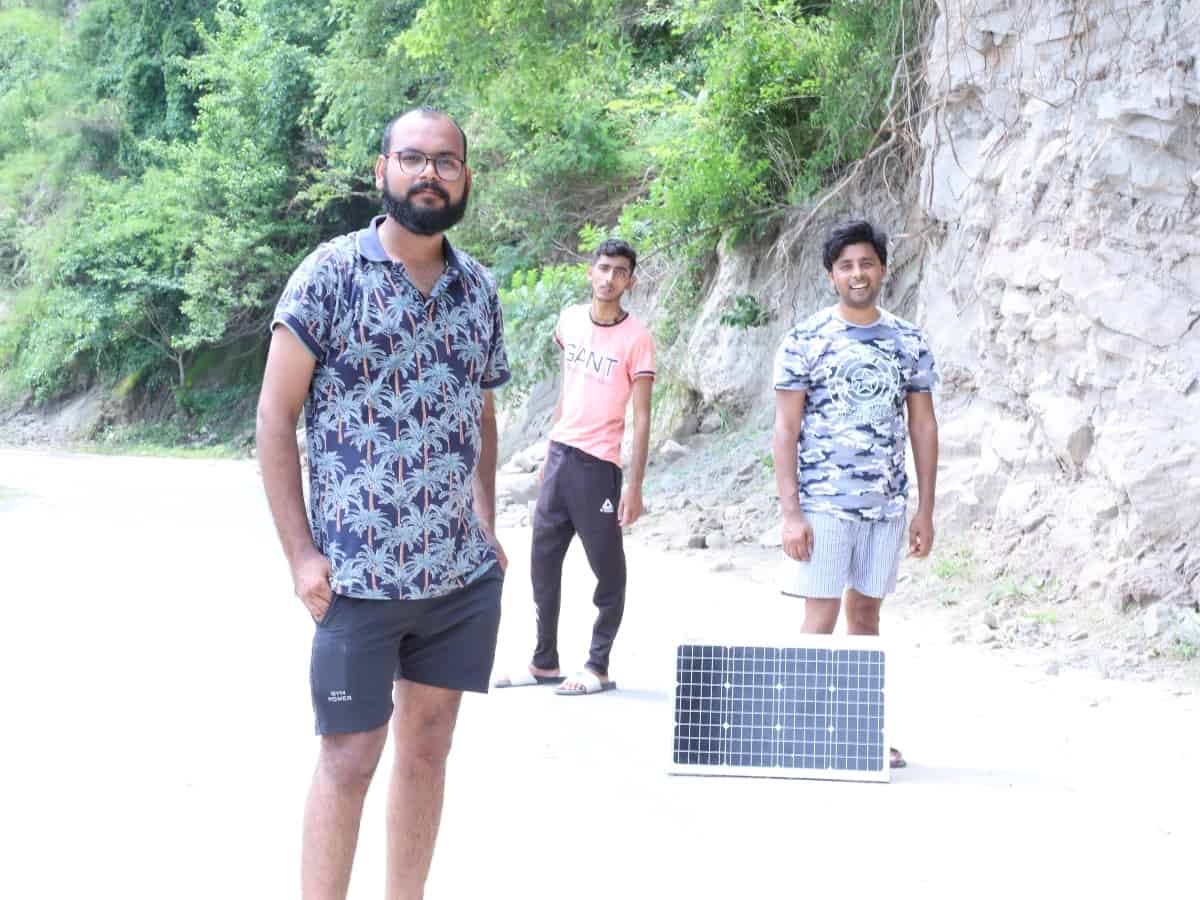Solar energy has long been used to help conserve energy. The sun can power clocks, calculators, and even cell phone chargers. These help us harness the power of the sun, even on the go. But powering more than that has been a challenge. Fully powering the average home or commercial building takes a large solar panel. This is a big expense and commitment. One alternative is to go small scale with a small solar power system.
Discover Energy Audits with Solar Energy and ONIT Home
Try our Free Energy Audit to make sure your home is performing at optimum energy efficiency. We’ll inspect every nook and cranny of your home to make sure it’s best serving your needs. We’ll also give you tips on lowering your energy bills, conserving energy, and creating a more efficient space. To learn more about how we can help you maintain a top performing home, visit us online to get started!
What is a Small Solar Power System?
A small solar power system is a scaled-down version of traditional solar panels you might find on rooftops. They are often used when portable energy is needed. Camping trips or living off-grid are common draws. With these systems, you’ll likely need to choose where you need power. For example, you might choose between a coffee pot and a small television or a lamp. There are two main categories of small systems.
- Low wattage power systems
- Portable Solar Gadgets
What Low Wattage Systems Do
A low-wattage power system is made from small solar panels that are 100W or less. Most rooftop, regular solar panels are 250 Watts and up. Low-watt solar panels are good for powering boats or motorhomes and have the use of basic electrical appliances. Sometimes people will use more than one small solar panel to have the power they need. Part of the appeal of a small solar panel is that they are smaller, depending on how many watts they use. A 10 Watt panel is one foot by one foot. A 100-watt panel is two feet by four feet. Once panels get bigger than that, they rival home systems in size, but not necessarily in power. Residential panels are five to six feet long and more than three feet wide and are cumbersome in small spaces or on the go.
Low-wattage power systems are not completely self-contained. In addition to the panels, you’ll also need a solar charge controller, an inverter, and a battery backup system. Often these panels are sold as DIY kits. Still, some opt to have an installation company help to get things going. An expert can also answer basic questions before testing the system.

Portable Solar Gadgets
Portable Solar Gadgets are a less powerful, but a simpler option. These offer power options, like cell phone charging or power things like speakers and keyboards. The panels in these gadgets often fold so that the charger fits properly in a person’s hand or into a solar backpack. Picking and choosing are even more necessary with these gadgets. But sometimes limited access to electricity is the point. For these cases, gadgets are a great solution.
Should You Use a Kit For Your Small Solar Power System?
If you go with a low-wattage small solar power system, you will likely be able to achieve basic functionality on a camping trip or while tailgating. To get everything set up, you need all the right components. You can either buy these components separately or pay more for a premade kit. Some semi-kits have some of what you need but will still require an extra purchase. What you choose depends on your comfort level and confidence.
Power System
One factor in whether to get a full kit or not is how you want to use your solar panel. If it is to be a power source for an RV or a cabin, it may be able to stay with the vehicle or building. If you want a permanent system, you will need to have mounting hardware so the panels can be attached to the roof of the RV or cabin. The lower the wattage, the longer it will take to be able to charge your system and make use of the power you want.
Battery
Another must-have for your system is the battery. It’s because of the battery that you can still use your solar power even when it’s cloudy or rainy. The more electricity you use, the larger the battery you will need. It is also because of the battery that you can store much more wattage than your actual solar panel. For example, your panel might be 100 watts, but your battery may be capable of holding 1200 watts. This allows you to comfortably charge your laptop and phone, and still make coffee. Batteries are also heavy, up to 90 pounds, so wherever you’re going make sure to bring some muscle.
Charge Controller
Other things that are required include a charge controller, to keep the amount of your battery under control, as well as wires and an inverter. The quality and power of your inverter will determine how much electricity you can use at once. If your inverter has limited power, make sure you are careful to pick and choose which power source to use at any given moment. Wires and fuses are also required to keep everything working properly, and just like in your house, using too many systems at once can blow a fuse.
Kits Mean Direction, at a Price
If you get a kit, you will have less control over exactly how much power you will have access to. You will also pay much more. If you don’t feel comfortable choosing all your components yourself, you may want to go with a kit that gives you more direction with setup. With your kit, you’ll have power outlets included, including USB outlets for your phone and several other appliances. If you can get by without a kit, you will save a lot. Typically, getting separate components costs about a third of the price of a kit. You can also work with a professional installer to make sure everything is set up just right.

How Much Energy is in a Small Solar Power System
Solar panels have been increasing in popularity over the years.Most use it for an effective backup in case of an outage, rather than primary power.. Solar panels on their own don’t produce electricity, but rather help convert energy from the sun. A bigger panel can utilize the sun’s energy better than a smaller one. To calculate how much power you will get from your solar panels, use the equation
Solar Panel Watts X Average hours of Peak Sun.
With a small solar panel of 100 watts on a day with 5 hrs of peak sun, you’ll get 500 watts an hour. Since many appliances and other electronic devices take 1200 or more watts, you’ll have a wait before you can use your stored power. When there is less peak sun, your batteries will charge even slower. If you are going off-grid, it is likely you will want to limit your electricity use to the bare minimum. Budgeting power use is usually not a problem.
How the Weather Affects Your Small Solar Power System
The amount of sun in a day has the biggest weather-related influence on the efficiency of your solar panels. But other factors matter too. If your panels get too hot, they will start to produce less energy. In the fall and winter, you will have a slower growth of power than in the summer. The same applies if your panel is in a shady area.
One thing that can either be a plus or a minus is the wind. If there happens to be a wind coming from the south, your solar panels may work up to 43% better than if the wind was not blowing that way.
This doesn’t mean you should only use solar panels when the weather is right. It just means you may have to adjust your expectations. Even in the winter, you can reduce your electric bills by using solar power part of the time. You can also choose a solar generator for outages. You’ll pay far less than if you were using a gas-powered generator.
Confused About Solar? Call ONIT Home For All Your Needs
Solar power needs can vary a lot per person or household. If you are new to harnessing the power of the sun, it can all get pretty confusing. If you’re looking towards residential solar power, visit us online or give us a call right now at 1-833-433-0331!



